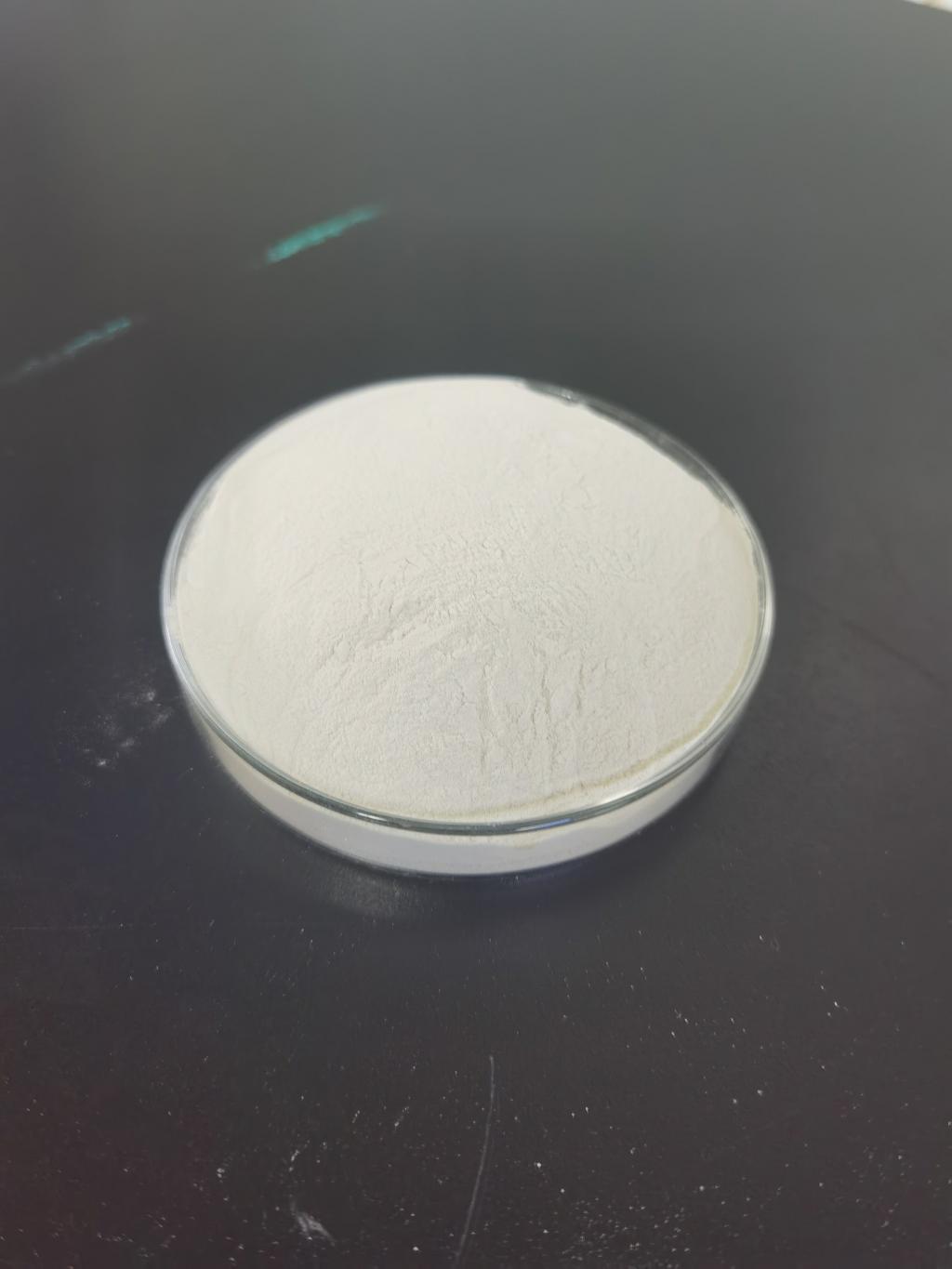Tel:+8618231198596

News
 CONTACT
CONTACT
 CONTACT
CONTACT
- Linkman:Linda Yao
- Tel: +8618231198596
- Email:linda.yao@dcpharma.cn
- Linkman:CHARLES.WANG
- Department:Overseas
- Tel: 0086 0311-85537378 0086 0311-85539701
News
The future potential for nisin in personalized health solutions and dietary interventions.
TIME:2024-09-14
Understanding Nisin
Nisin is a class I bacteriocin produced by the lactic acid bacterium Lactococcus lactis. It is widely recognized for its safety and efficacy in preserving food by inhibiting the growth of certain harmful bacteria. Traditionally, nisin has been used primarily in food preservation; however, its potential extends beyond this conventional use into the realm of personalized health solutions and dietary interventions.
Personalized Health Solutions
The concept of personalized health solutions involves tailoring medical treatments and nutritional advice based on individual genetic profiles, lifestyle, and health status. Nisin, with its natural origin and safety profile, holds promise as an ingredient that could be incorporated into personalized health strategies, particularly those aimed at improving gut health and supporting the immune system.
Gut Health: The gut microbiome plays a crucial role in overall health, and dysbiosis—the imbalance of gut flora—has been linked to various health issues. Since nisin targets specific strains of bacteria, it could be used to selectively modulate the gut microbiota, promoting beneficial bacteria while inhibiting pathogens. This selective action could be part of a personalized strategy to improve gut health.
Immune Support: Given its antimicrobial properties, nisin could be used in dietary supplements designed to support the immune system, especially for individuals with compromised immunity or during periods of increased susceptibility to infections.
Dietary Interventions
Dietary interventions are increasingly being recognized as effective tools for managing chronic diseases and enhancing overall well-being. Nisin's potential in this area lies in its ability to maintain the integrity of functional foods, which are fortified with health-promoting ingredients such as probiotics, prebiotics, and antioxidants.
Enhancing Shelf Life of Functional Foods: One of the primary challenges in producing functional foods is ensuring that the active ingredients remain effective throughout the product's shelf life. Nisin can extend the shelf life of these products, thereby maintaining the potency of the functional ingredients and ensuring that consumers receive the intended health benefits.
Targeted Nutritional Supplements: For individuals requiring specific dietary modifications due to medical conditions, nisin can be part of a broader strategy to develop targeted nutritional supplements. These supplements could be formulated to address particular health concerns while minimizing the risk of spoilage or contamination.
Conclusion
As the trend towards personalized health continues to grow, nisin's role in supporting these efforts becomes increasingly important. Its natural origin, safety profile, and ability to selectively target harmful bacteria make it a promising candidate for inclusion in personalized health solutions and dietary interventions. Further research is needed to fully explore the potential applications of nisin in these areas, including clinical trials that evaluate its efficacy in specific health contexts. Nonetheless, the future looks bright for nisin as a key player in the evolving field of personalized nutrition and health.
- Tel:+8618231198596
- Whatsapp:18231198596
- Chat With Skype







